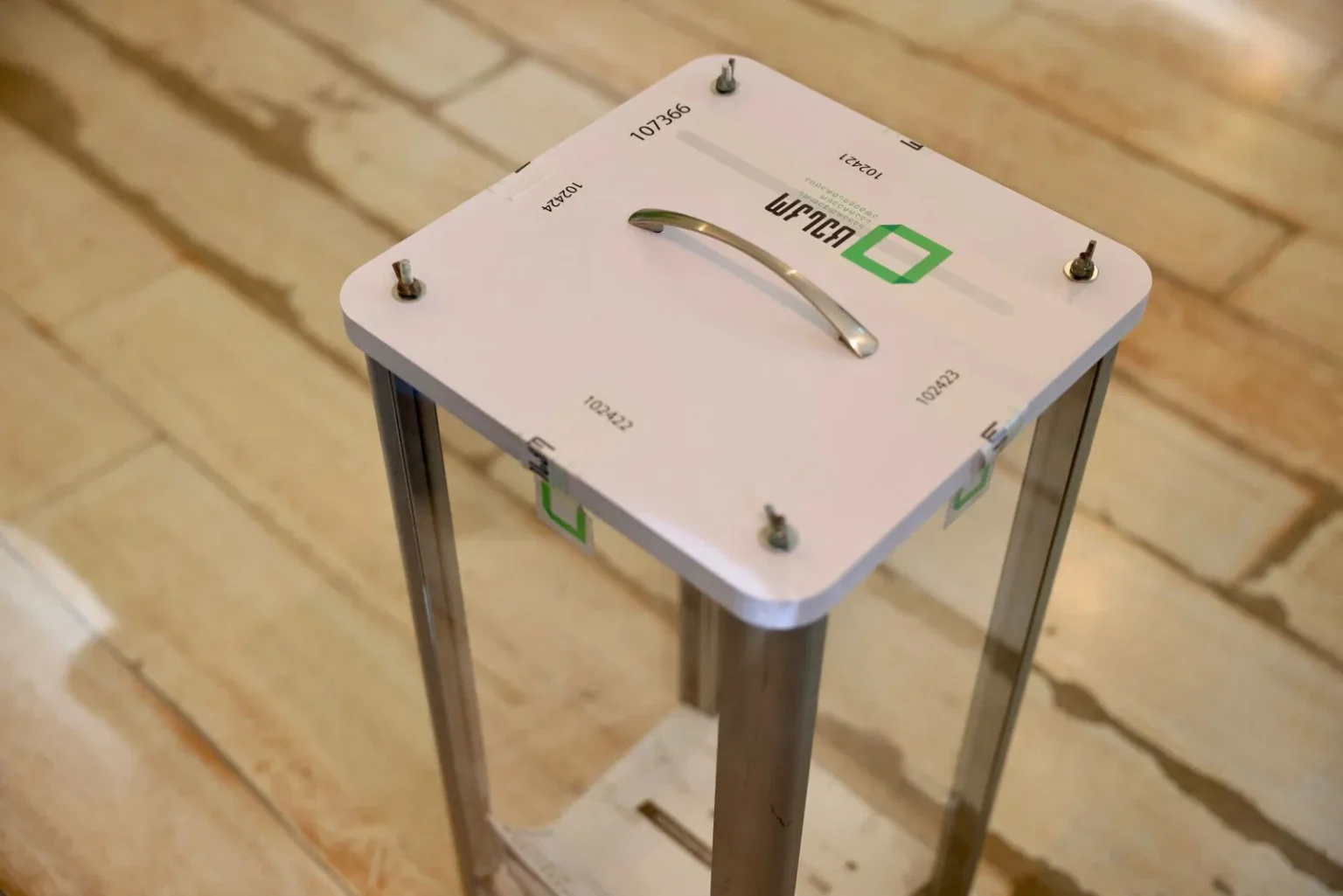International Election Observation Mission released its Preliminary Results and Conclusions for the October 26 Parliamentary Elections. The report states that while “contestants were able to campaign freely, reports of pressure on voters – particularly public sector employees – remained widespread during the campaign.
The IEOM is made up of observers from the OSCE/ODIHR (OSCE PA), the Parliamentary Assembly of the Council of Europe(PACE), the European Parliament(EP) and NATO Parliamentary Assembly.
The document also states that, while the legal framework is adequate for democratic elections, recent frequent amendments have marked a step-backwards and raised concerns about its potential use for partisan gain.
IEOM notes “a significant imbalance in financial resources, and the advantage of incumbency, contributed to an already unequal playing field.” It goes on to state that the polarized environment in the media and the instrumentalization private outlets for political propagandist undermined impartial news coverage.
The IEOM states that limited enforcement and concerns about the impartiality and politicization of the oversight body have undermined the effectiveness of campaign financing oversight.
Election Day was generally well-organized procedurally, but marked by a tense atmosphere, with frequent compromises on vote secrecy, and several procedural inconsistentities, as well reports of intimidation, and pressure, which negatively impacted the public’s trust in the process.
The report states that “frequent revisions to the legal framework, more than 20 times since 2020 and some made just before the elections without broad cross-party approval, undermined its stability” and raised concerns over the potential misuse of changes for political gain …”
It also stresses the issue of public perception of impartiality in election administration. This was negatively affected by concerns over recent amendments which “vest control of the selection and nomination of the CEC to ruling party, cancellation of opposition-nominated vice chairperson position, decision-making processes, as well perceived links between nonpartisan members and ruling party.”
The report notes that although the introduction of electronic devices was supported largely by stakeholders, “key stakeholders did not have access to the audit process and had limited access related documentation. This limiting transparency is at odds with international best practice.”
The report continues: “Most IEOM Interlocutors did raise significant concerns regarding the accuracy or inclusiveness on the voter lists. However, some questioned whether multiple registrations were made at the same address of voters who are unknown to their actual residents.”
EIOM reports that the campaign was competitive, but subdued. Contestants were able to campaign in general freedom, but “reports of intimidation, pressure and coercion on voters persisted.”
The report details changes in Georgian law that have increased the advantage of ruling party over its rivals, including financial advantage. It also notes that the newly-established Anti-Corruption Directorate’s application of the legislation has been selective and lacking transparency.
The report mentions the highly polarized nature of media and that safety for journalists is a major concern. Recent reports have indicated recent assaults, intimidation, and pressure.
The report states that the effectiveness of dispute settlement is limited “due restrictions on voters’ rights, procedural shortcomings and ambiguities in legislation, as well as inconsistencies and inconsistencies of its application”. It also notes that the majority of decisions are made by the chairpersons of the election commissions and not the full commissions. This undermines collegiality and reduces transparency, contrary to previous ODIHR recommendation. The report also notes that “Many of the complaints were dismissed without investigation, often without adequate evidence.”
The report states that “the level of trust in law enforcement, election administration and the judiciary for their ability to adjudicate effectively and impartially politically sensitive issues remains low.”
As for the actual election day, IEOM reports that it was “generally well-organized, administered in a orderly manner, but marked by a tense atmosphere and several incidents of violent altercations, as well widespread intimidation of both voters and citizen observers.”
The report states that the secrecy of votes was compromised in 24 percent of observations due to the way ballots were inserted into VCDs, or an inadequate layout of polling stations.
IEOM observers also reported that there were many indications of voter pressure, overcrowding and procedural inconsistencies. They also reported possible intimidation by tracking voters.
In many cases, representatives of the parties recorded the voting process and tracked votes, raising concerns over possible intimidation.
The Mission states that “while the presence of citizen and political observers contributed to transparency, some appeared to act in behalf of contestants.” Other procedural omissions include improper handling of unused votes, not announcing the votes aloud, and the IEOM noted inconsistent determinations of the validity ballots.
The IEOM is made up of observers from the OSCE/ODIHR (OSCE PA), the Parliamentary Assembly of the Council of Europe(PACE), the European Parliament(EP) and NATO Parliamentary Assembly.
Follow our Election Live Blog to get the latest updates on the parliamentary elections of October 26, 2024.
Read More @ civil.ge













